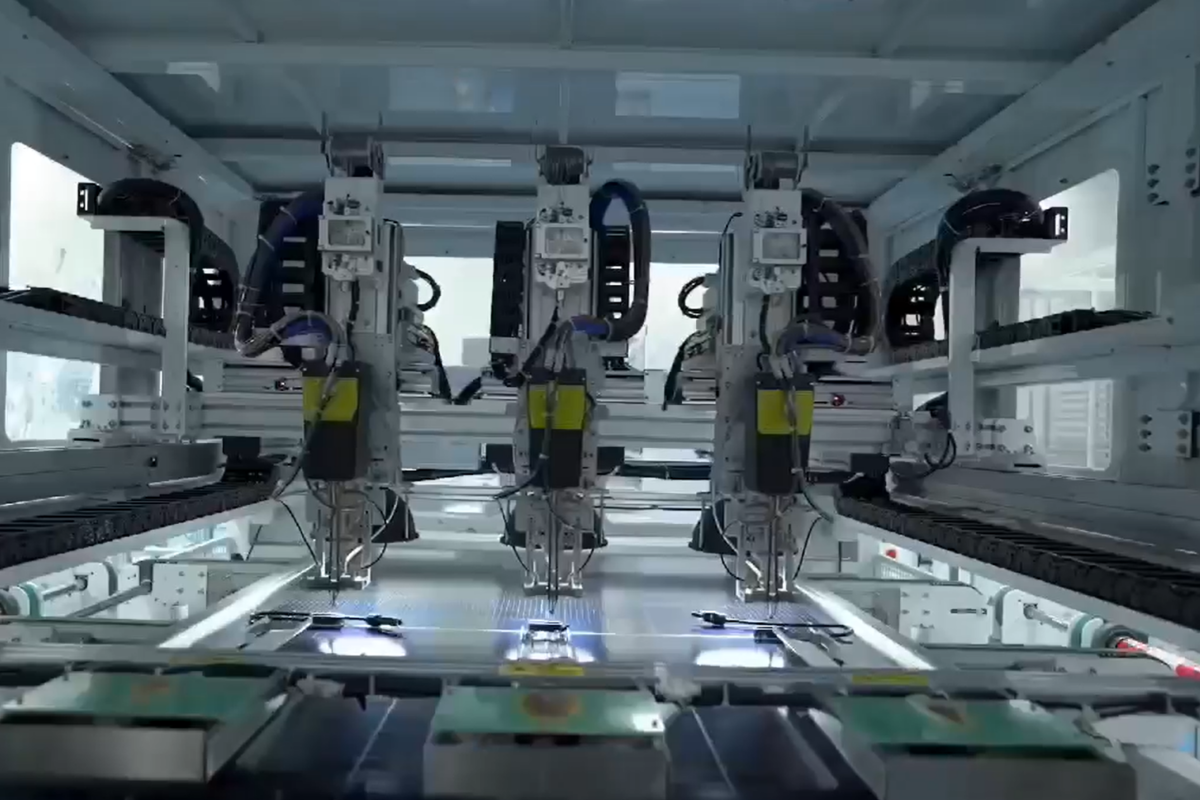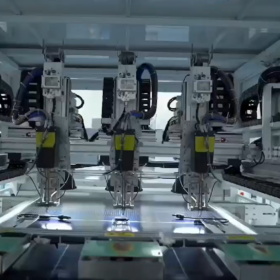The latest notification is a follow-up to the government’s Solar Photovoltaics, Systems, Devices and Components Goods (Requirements for Compulsory Registration) Order, 2017, dated September 5, 2017.
The government has already set up laboratories for the testing of PV modules and inverters. However, to skirt the expected delay of testing in these laboratories, module manufacturers will have to submit self-certification, which shows that the product matches Indian standards or IEC counterparts (including subsequent standards, if any). The self-certification must include proof of the submission of samples to the laboratories.
Submission of samples will not be necessary along with self-certification in cases where the material for which self-certification is being carried out, has already been IEC certified. In such a case, it would be sufficient for the self-certification to be accompanied by the IEC certificate and test reports.
In cases of imported materials for which self-certification is being sought, self-certification may be given either by the manufacturer or the importer.
The self-certification will be valid until June 30, 2018.
Dharmendra Kumar, solar energy analyst at IHS Markit tells pv magazine, “Since most of the Tier 1 suppliers follow IEC certification, it won’t be difficult for them to get Indian Standards certification. With proper implementation of quality standards, the government will make sure that sub-standard or defective equipment does not enter India.”
He adds, “This, in turn, will lead to high confidence level within international and national investors and make projects bankable. This will also give local manufacturers a level playing field, where they can compete with foreign suppliers, in terms of quality and pricing.”
The schedule included in the latest notification from the government specifies the product and relevant Indian Standard Number:
- Crystalline Silicon Terrestrial Photovoltaic (PV) modules (Si wafer based): IS 14286: 2010
- Thin-Film Terrestrial Photovoltaic (PV) Modules (a-Si, CiGs and CdTe): IS 16077 : 2013
- PV Module (Si wafer and Thin film): IS/IEC 61730 (Part 1) : 2004, IS/IEC 61730 (Part 2) : 2004
- Power Inverter for use in photovoltaic power system: IS 16221 (Part 1) : 2016, IS 16221 (Part 2) : 2015
- Utility–Interconnected Photovoltaic inverters: IS 16169 : 2014
By Preeti Verma Lal
This content is protected by copyright and may not be reused. If you want to cooperate with us and would like to reuse some of our content, please contact: editors@pv-magazine.com.







1 comment
By submitting this form you agree to pv magazine using your data for the purposes of publishing your comment.
Your personal data will only be disclosed or otherwise transmitted to third parties for the purposes of spam filtering or if this is necessary for technical maintenance of the website. Any other transfer to third parties will not take place unless this is justified on the basis of applicable data protection regulations or if pv magazine is legally obliged to do so.
You may revoke this consent at any time with effect for the future, in which case your personal data will be deleted immediately. Otherwise, your data will be deleted if pv magazine has processed your request or the purpose of data storage is fulfilled.
Further information on data privacy can be found in our Data Protection Policy.